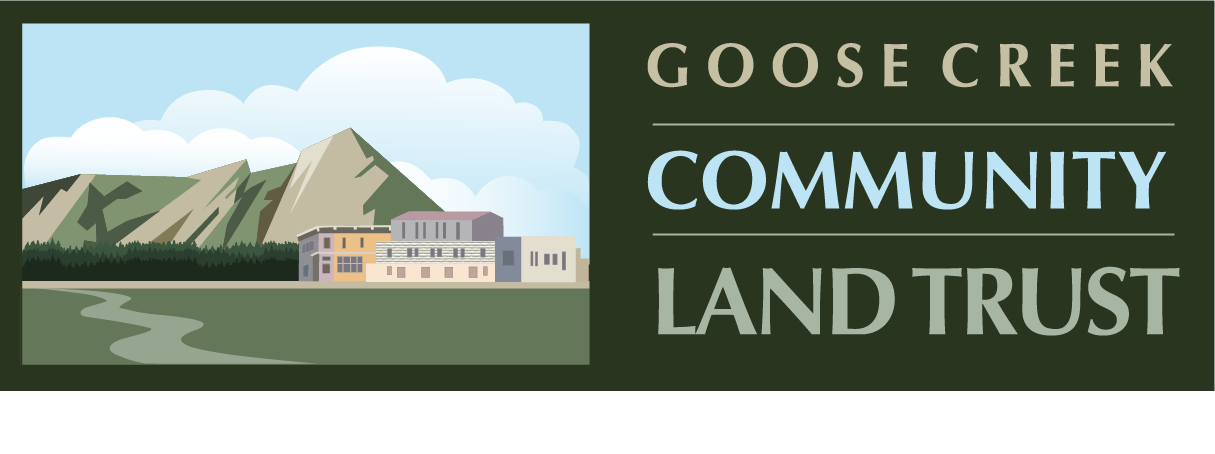BACK PORCH GROUP
Suggestions for Housing a Healthy Community
INNOVATE FOR IMPACT | Call to Action
INTRODUCTION (Here’s an updated version of this proposal and a draft special ordinance to implement it…we will update this web version soon. Email any access problems)
Boulder needs to develop a clear strategic direction and scale up middle income/workforce affordable housing efforts to preserve a vital, diverse community. The housing challenge is overwhelming. Market appreciation is only exacerbating this problem. Time is not on our side. Interest rates are low but are headed up. We must identify NEW ways to address the challenge and act now. This means changing how housing is developed in Boulder. AND do it in a way that meets concerns about quality of life and property values.
A TIME FOR BOLD ACTION
We have a housing crisis: “affordable” AND middle income. Developing housing is ever more difficult and we are rapidly losing middle class residents. Let’s create a specific, measurable long term goal that truly meets community needs to maintain a diverse, socially equitable, beautiful and sustainable Boulder County. To do this, we need to engage our community to bring forth innovative solutions. We all need to “Innovate for Impact”!
24-MONTH CHALLENGE
In the next 24 months, working co-creatively, Boulder neighborhoods, businesses and affordable housing developers will be empowered to experiment to build X permanently affordable units over and above “business as usual” (projects in the pipeline currently or soon to be included). These will be pilots from which to learn and that are capable of being scaled. Proposals from neighborhoods are especially encouraged.
CALL TO ACTION
Write to Boulder City Council in support of this “Innovate for Impact Housing Pilot” initiative before the January 22 Council Retreat. Copy david@goosecreekclt.org . Advocate that Boulder:
Set a measurable, time-limited goal to durably house a diverse, socially equitable community in Boulder per the Boulder Valley Comprehensive Plan’s values. This goal will be much more ambitious and achieve results sooner than the current Middle Income Housing Strategy.
Report quarterly on progress towards this goal.
Experiment and learn together! Let’s undertake a 24 month “Innovate for Impact Challenge” to stimulate “out of the box” proposals from neighborhoods, businesses, and developers. An independent citizen team like the Boulder Energy Challenge (which provided Carbon Tax funds to innovative business proposals to save energy) can vet these pilots with public discussion. Set a goal of 200 units sprinkled throughout the City. Enlist an independent third party to glean lessons learned and which approaches merit significant emulation.
Dear Boulderites: Bring forth your innovative ideas to create housing experiments. Your idea helps us develop this process…please share it asap. See "Innovate for Impact" project submission instructions on this site.
This problem is NOT overstated: The steady net loss of middle-income housing in Boulder is a result of decades of zoning and land-use planning decisions, tax-funded political priorities and concurrent significant land appreciation. By 2021 Boulder Housing Partners projects there will be ZERO market rate properties accessible for rent or purchase by those making 150% of AMI or lower – this equals thousands of current residents and employees in Boulder. In 2016, the average single-family home price topped $1 million (BHP Study)
Back Porch Consensus suggestions for Boulder housing reform (please advocate to Council, Planning Board and the Housing Advisory Board):
The city will develop regulations and policies to ensure that development and redevelopment do not result in a net loss of units affordable to 150% AMI households and lower and that will increase the number of housing units permanently affordable to 150% AMI households and lower towards a goal of 50% of the total housing stock by 2030.
Community benefits: The City will ensure that significant additional community benefits are derived when development potential is increased beyond that which is allowed by-right according to zoning. These benefits should be durable and prioritize permanently affordable mixed income housing and include arts space, affordable office space and retaining local businesses.
Enhanced Permanent Affordable Housing for Additional Residential Development Potential: The city will develop regulations and policies to ensure that when additional density is provided through changes to zoning, the additional development potential for the residential use will be predominantly permanently affordable housing for low, moderate, and middle income households.
“We have a housing crisis: “affordable” AND middle income.”


